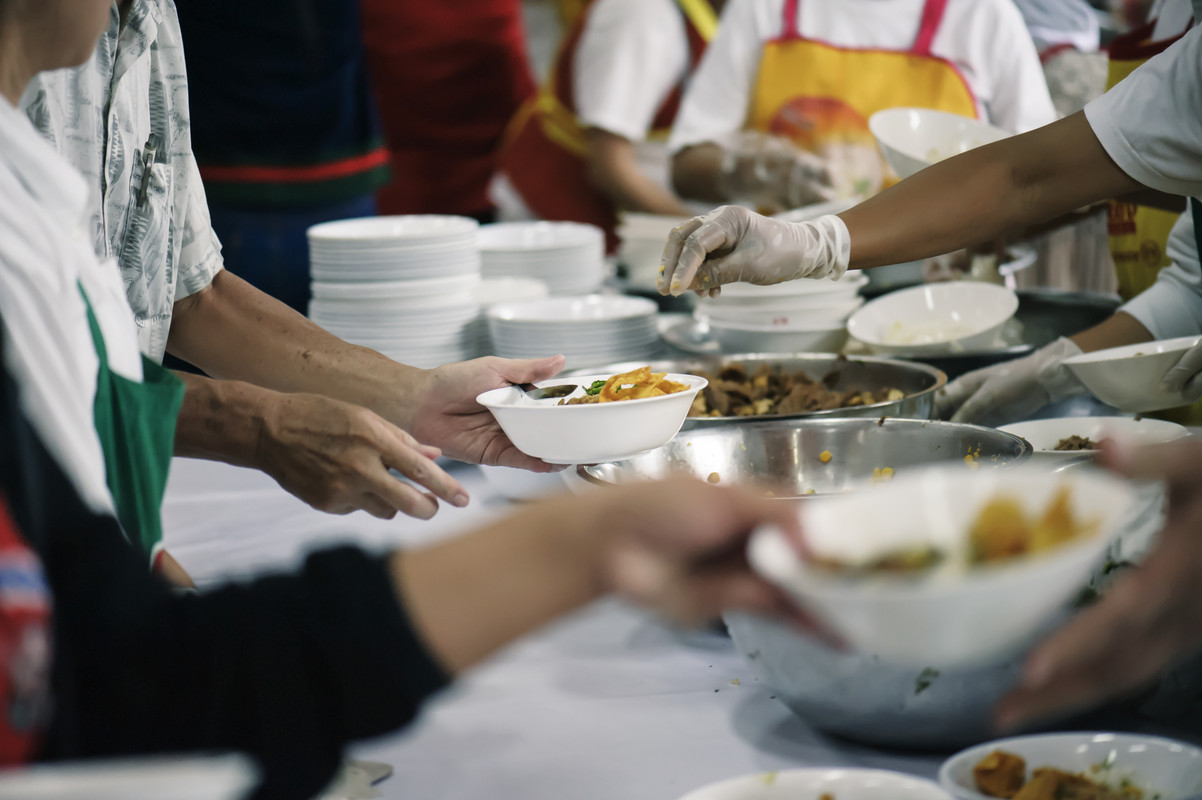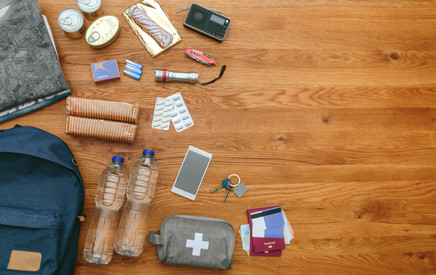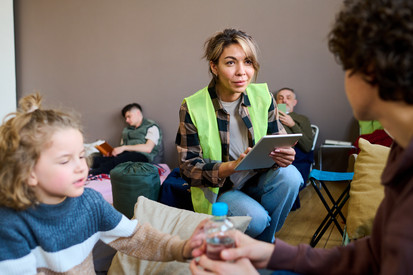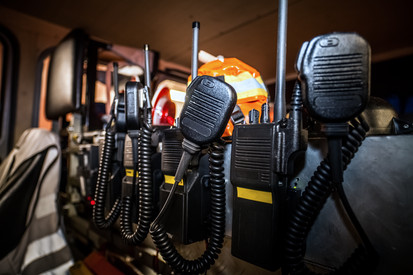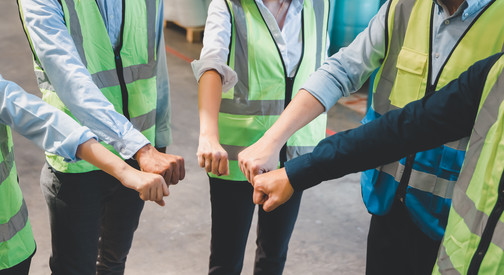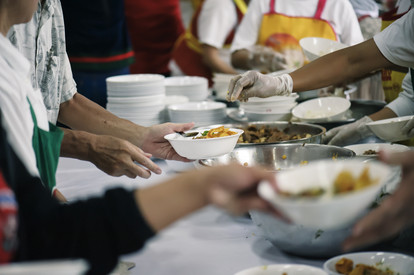
During disasters, every hand is needed. Especially in the first few days, many helpers are often required to supplement relief organizations and governmental agencies.
For most helpers, their deployment ends after a few days. There are many reasons for this. However, some want to do more or stay longer on-site. For this, they need to follow some basic rules. Here are the six most important ones:
1. Coordinate with the Responsibles
Don't just head out as a group on your own. First, inquire: What is needed where? It's also important to inform the local authorities precisely about yourselves. Find out who is in charge of operations and check in and out with them.
Planning
Create lists before starting. These are important for your planning and as information for the local authorities. Include the following information:
- Names and contact details, language skills
- Materials
- Equipment
- Spare parts and accessories for the equipment
- Vehicles
- Spare parts such as tires or lubricants
- Permissions and qualifications (e.g., driver's license, certifications for operating specific machinery, medical qualifications)
- Deployment location
- Accommodation
- Tasks
- Duration of your deployment

2. Donations
Often, people want to donate to help. Perhaps you also want to collect monetary or material donations. Please consider the following:
Material donations can often become problematic. It can be chaotic with missing parts, broken equipment, and dirty clothes. Sorting and distributing items require manpower and a storage facility. This requires careful planning. Even though it may be difficult, do not call for clothing donations unless they are truly needed.
Monetary donations usually provide more help. However, there can be challenges. Please note:
- Never use your personal or company account.
- Always set up a new account.
- Clarify legal matters beforehand, for example, with tax consultants or law firms.
- The easiest way is to refer to existing relief organizations.

3. Personal Expenses
There will be costs incurred while helping. Certain expenses can be reimbursed by the government or through donations. Keep a detailed record of what you spend and retain all receipts.
4. Medical care
You can also offer basic medical care on-site. However, you will need a space and medically trained personnel. You must bring your own equipment, medications, and supplies.
You are not alone. There is always medical care provided by professionals from relief organizations and governmental agencies. If you cannot keep up or if injuries and illnesses are too severe, they will assist the affected individuals.
Therefore, inquire beforehand with local authorities about other available services. Discuss this within the team.

5. Communication
The team of helpers constantly needs the latest information on the situation and the required tasks. Therefore, hold regular team meetings. It's also helpful to have a dedicated wiki – a kind of website where everyone can exchange the latest information.
It's also good to have one person responsible for communication. This includes within the team, with other helpers outside the team, and with the general public. This person should have clear tasks.
